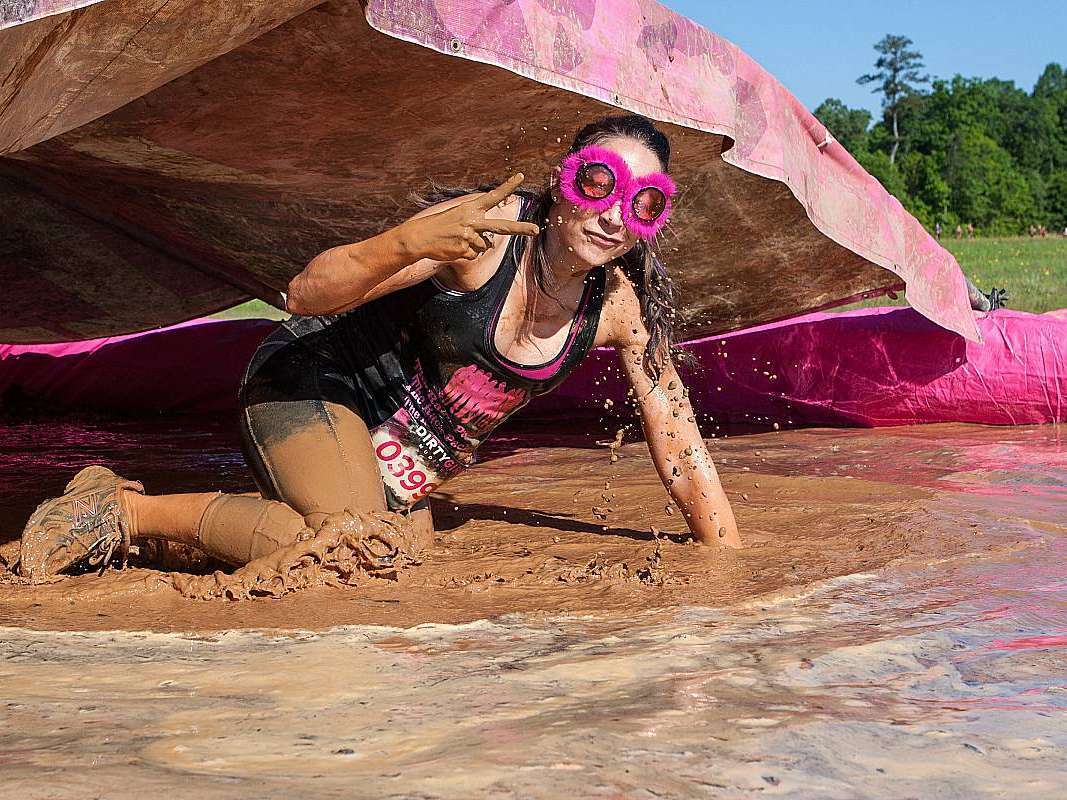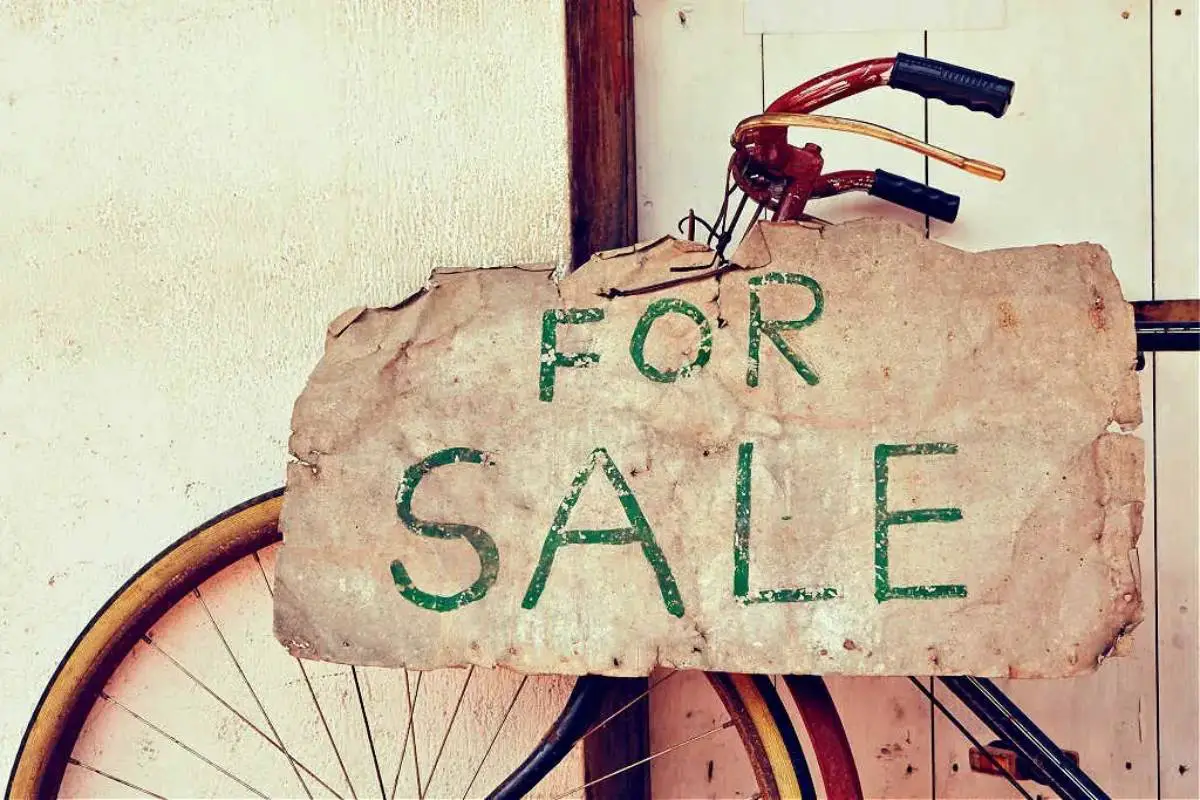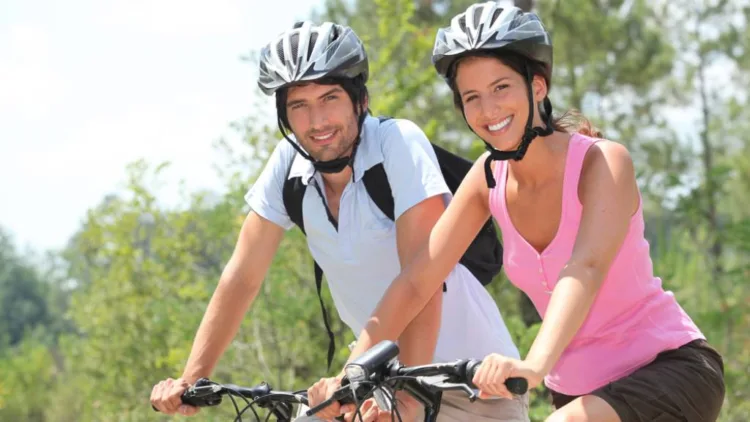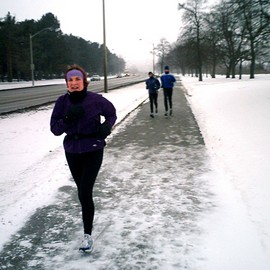 Many triathletes are now in the off-season of their year-round triathlon training plan.
Many triathletes are now in the off-season of their year-round triathlon training plan.
The term “off-season” is somewhat misleading because it seems to sound rather passive and uninspiring. You don’t really associate ideas like growth, progress, and accomplishment with something termed the “off-season.”
But the truth is, what you do this off-season is immensely important and will largely determine your in-season triathlon performance. One way or another, either through improvement or digression, how you handle the next several weeks in your triathlon training is critical.
Let’s take a few moments to break down more specifically what off-season triathlon training consists of.
Here’s how a typical triathlon training year is divided up into its different periods:
-
Race Phase (priority triathlon races): 3 weeks
-
Peak Phase (tapering and race readiness): 2 weeks
-
Build Training (increasing intensity): 8 weeks
-
Base Training (building endurance): 12 weeks
-
Transition II (preparation): 4 weeks
-
Transition I (recovery): 6 weeks
The Transition I and II periods comprise what most people are referring to when they talk about the triathlon “off-season.”
The Transition I period is an intentionally unstructured period that is meant to recharge you mentally and physically. The challenge in this period is to strike the right balance between not becoming a couch potato, but not approaching training as seriously as the other periods of your training. It’s important in this period to utilize more days for rest and recovery.
The Transition II period is easing into establishing an endurance base in your swimming, biking, and running — in preparation for the main endurance phase to begin.
Off-Season Mistakes That Triathletes Commonly Make:
1. Not taking proper time off or slowing down to recover.
The OCD or Type-A sort of triathlete can particularly be relentless in pushing his or her body, even in the off-season. Not making the commitment to properly recover in the off-season will catch up to you in one of two ways, or both. First, it is likely to lead to injury or a digression in your level of physical fitness and performance. Lack of off-season recovery also leads to triathlon burn-out. You can get to a point mentally where you hate swimming, never want to see a bike again, and set your running shoes on fire. You start to dislike doing triathlons but make yourself do them anyway. Not a good situation!2. Not creating a year-round triathlon training plan.
Okay, you fill in the blanks on this adage and you will get my point: Failing to plan is ________ __ ____. It’s true! Nobody develops a plan to fail, but not having a plan is doing exactly that. There’s a reason why the most successful triathletes have a year-round systematic triathlon training plan. The off-season is a great time to craft such a plan. One of the best resources for doing so is Joe Friel’s comprehensive triathlon training book, The Triathlete’s Training Bible.3. Putting on weight.
Some triathletes dig a hole in the off-season by putting on weight. They either keep eating just as many calories in the off-season when they are not training as much, or they think that since it’s the off season it is okay to eat whatever they want. When it comes to body weight and the off-season, you should try to maintain your same body weight. If you need to shed weight, then do it in the off season so you can train and focus like you need to when base training resumes.
4. Ignoring limiters.
Every triathlete has something that is hindering optimal performance, and the off-season is a great time to focus on improving these. Common limiters include: poor swim, bike, or run technique, lack of flexibility, a general lack of muscular strength, and excess body fat. The off-season is a great time to give such limiters some additional focus.
Add Some Zing To Your Winter Training
To help you in that Transition I period of the off-season, I’ve decided to give you some “FUN times guide tips” for changing things up and enjoying it.
 Enjoy your mornings – No more 4:45 a.m. training sessions every day. Set the alarm for 6:00 a.m. and get some extra sleep; enjoy your coffee, and catch up on your reading.
Enjoy your mornings – No more 4:45 a.m. training sessions every day. Set the alarm for 6:00 a.m. and get some extra sleep; enjoy your coffee, and catch up on your reading.
 Pick a ball (or puck) and do the sport – Get out a little and do some other sports like tennis, soccer, basketball, or hockey.
Pick a ball (or puck) and do the sport – Get out a little and do some other sports like tennis, soccer, basketball, or hockey.
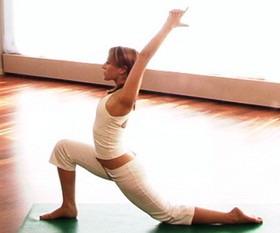
 Go Zen – Sign up for a Yoga or Pilates class to improve your flexibility, coordination, and overall state of mind.
Go Zen – Sign up for a Yoga or Pilates class to improve your flexibility, coordination, and overall state of mind.
 Plan a fun and exhilarating getaway – Go on a cross-country skiing adventure, or take a couple days for hiking in a national park.
Plan a fun and exhilarating getaway – Go on a cross-country skiing adventure, or take a couple days for hiking in a national park.
 Pamper yourself – Schedule a couple significant massage sessions during the off-season.
Pamper yourself – Schedule a couple significant massage sessions during the off-season.
 Attend a triathlon camp or clinic – Invest some time in learning from experienced triathletes and coaches. I’ve never met a triathlete who did not feel like a triathlon camp or clinic was well worth it.
Attend a triathlon camp or clinic – Invest some time in learning from experienced triathletes and coaches. I’ve never met a triathlete who did not feel like a triathlon camp or clinic was well worth it.
 Do an off-season fun event or group rides – Why not do the 5K Turkey Day Trot or the 10K Santa Special Classic? Don’t go to set a world record, just go and have fun. Rather than individual bike rides, consider joining a cycling or tri club for some winter group rides.
Do an off-season fun event or group rides – Why not do the 5K Turkey Day Trot or the 10K Santa Special Classic? Don’t go to set a world record, just go and have fun. Rather than individual bike rides, consider joining a cycling or tri club for some winter group rides.
 Go on a triathlon shopping spree – Make sure people know you’d appreciate having holiday gift certificates from cycling, running, and multi-sports stores so you can have some fun getting some new tri stuff. The economy needs all the help it can get!
Go on a triathlon shopping spree – Make sure people know you’d appreciate having holiday gift certificates from cycling, running, and multi-sports stores so you can have some fun getting some new tri stuff. The economy needs all the help it can get!
Here’s a video showing swimmers, runners and cyclists how to bring the workout indoors during the winter months and work some alternate muscles for a change.

